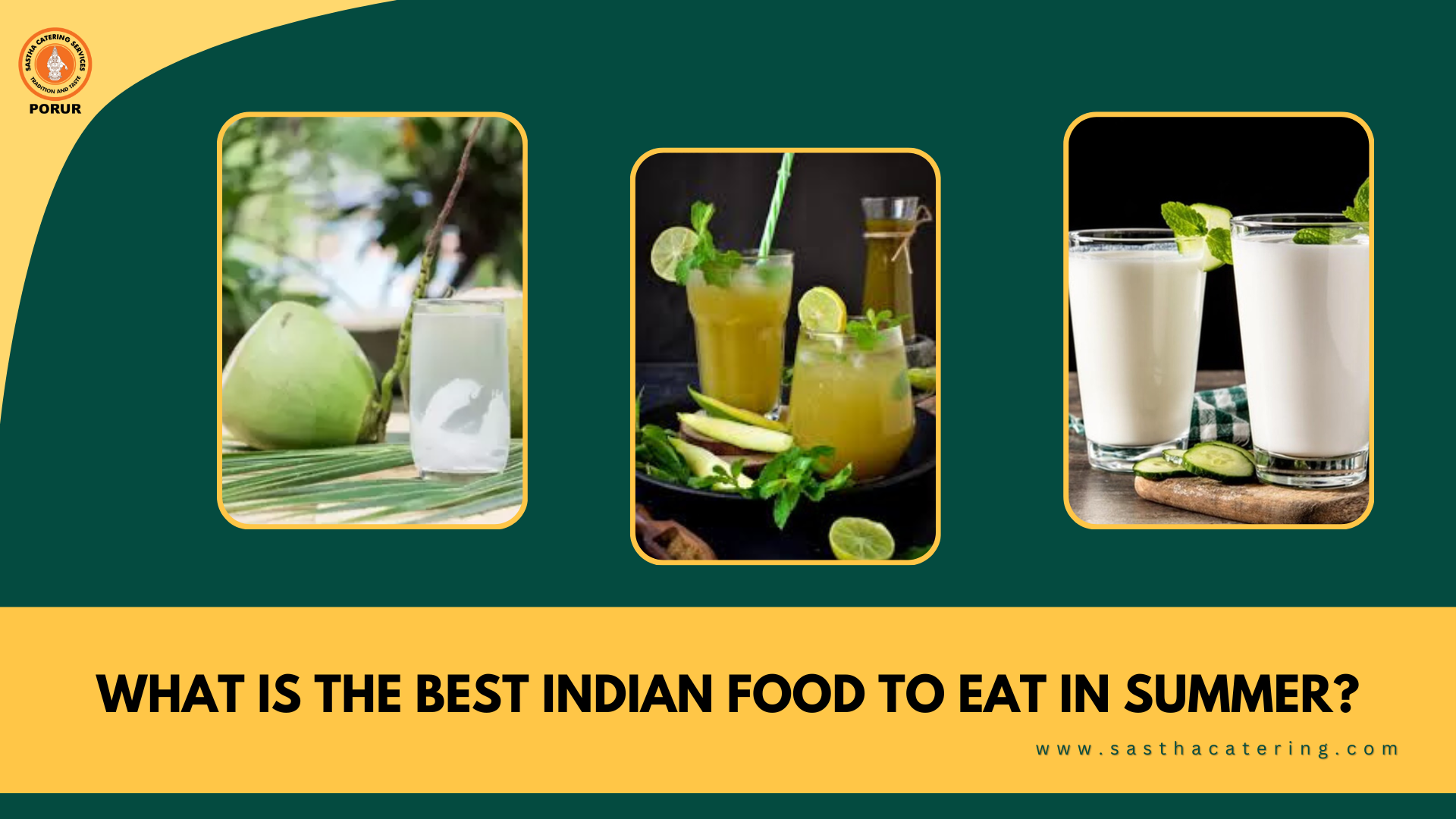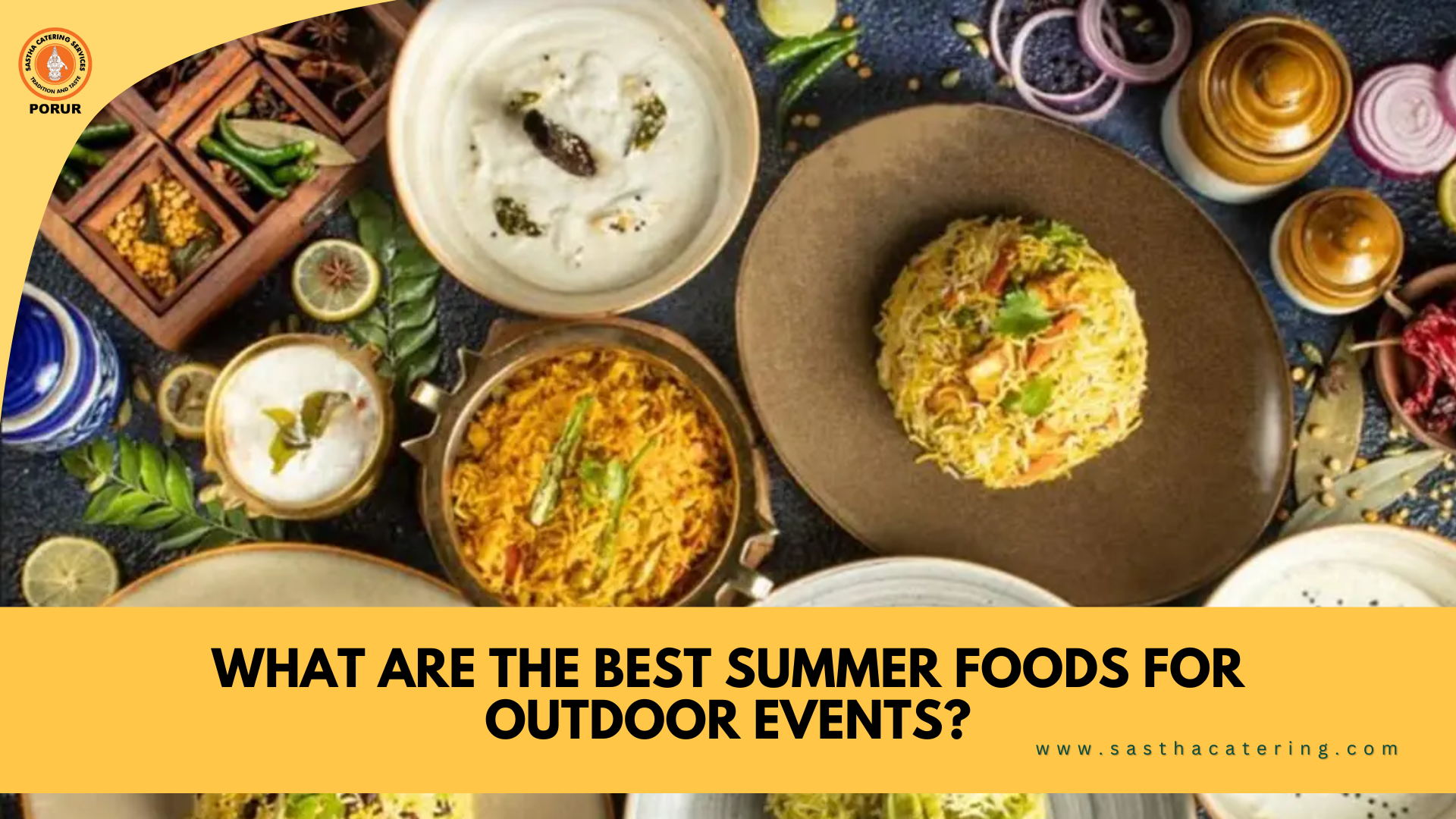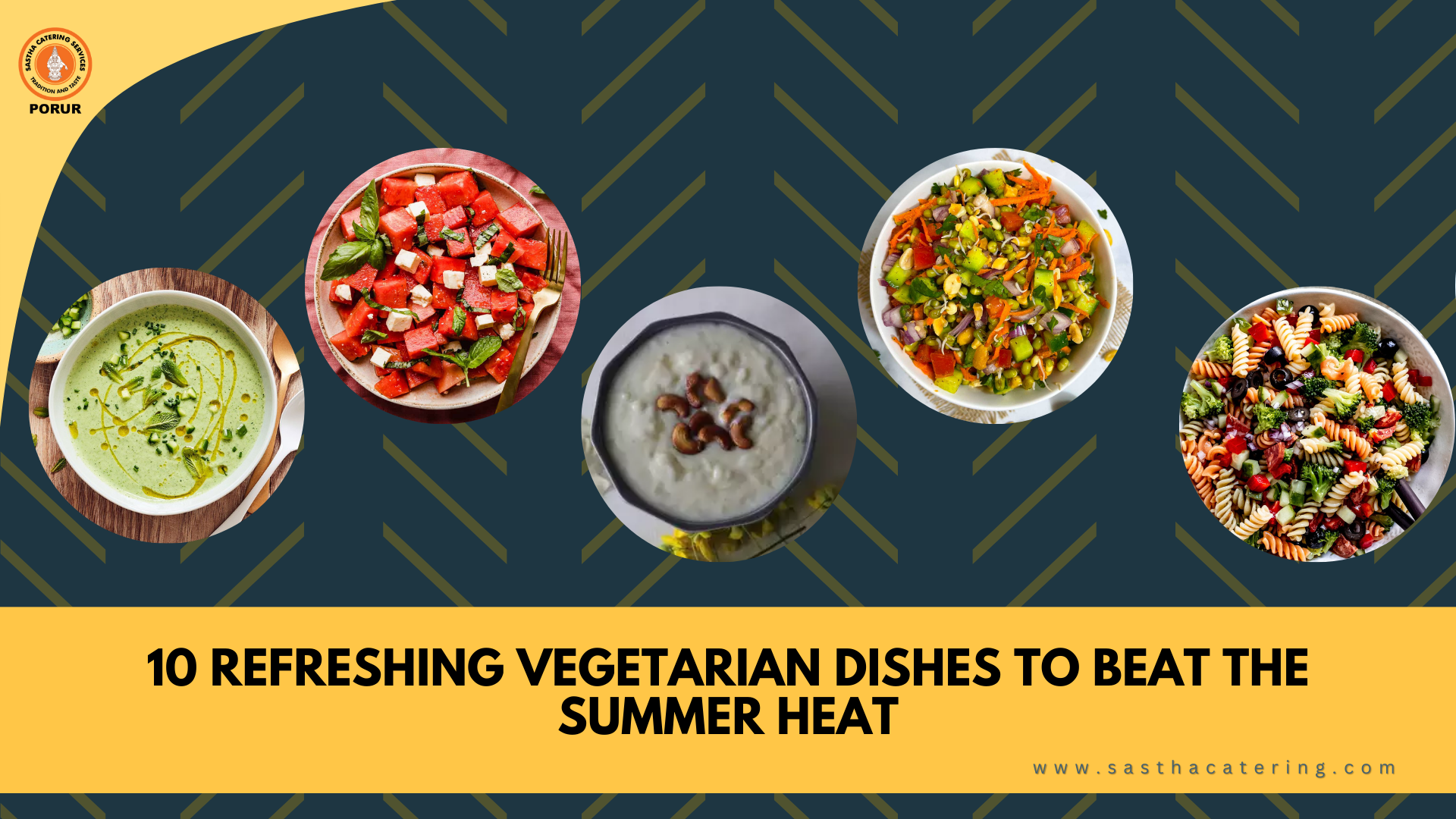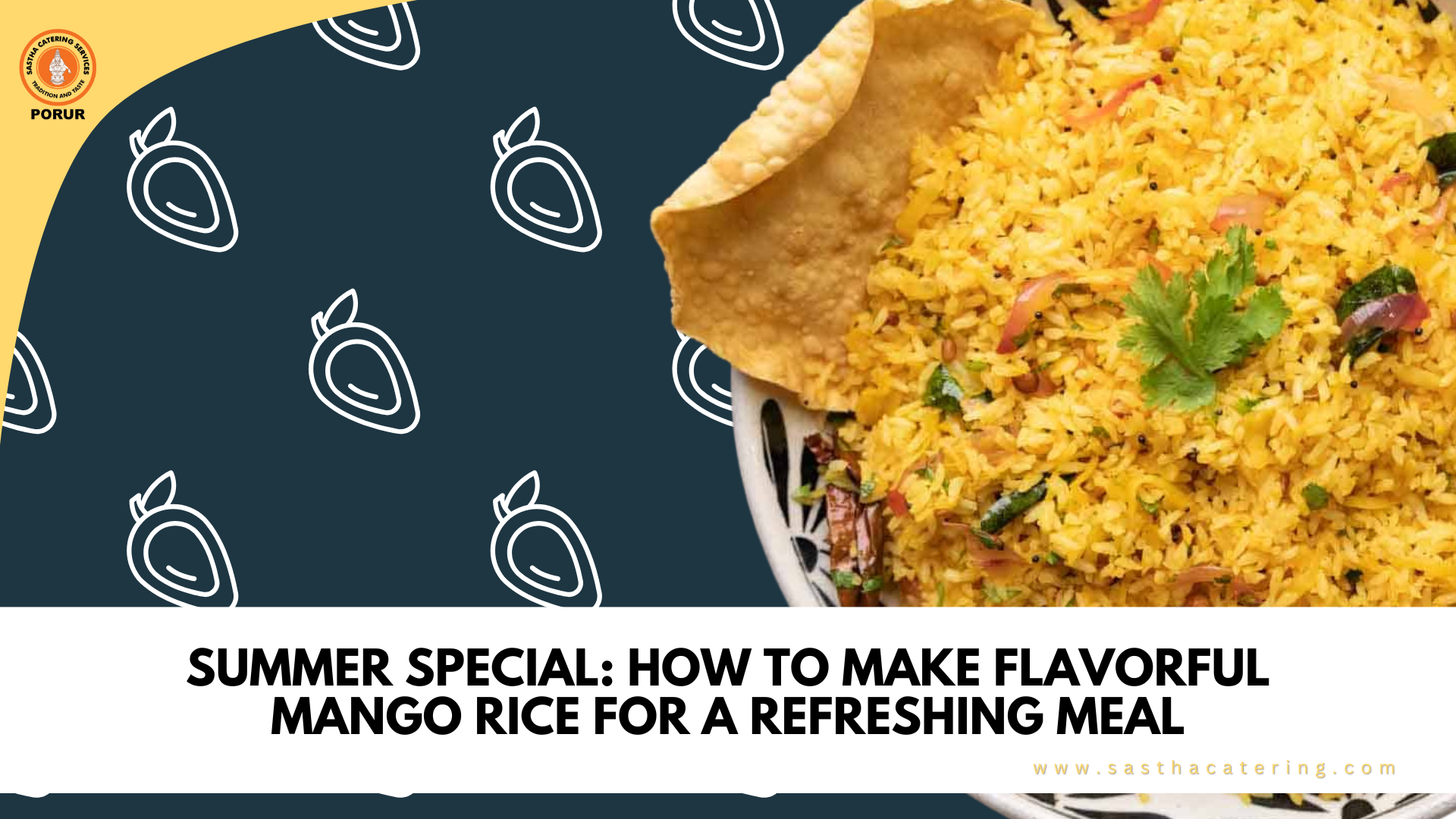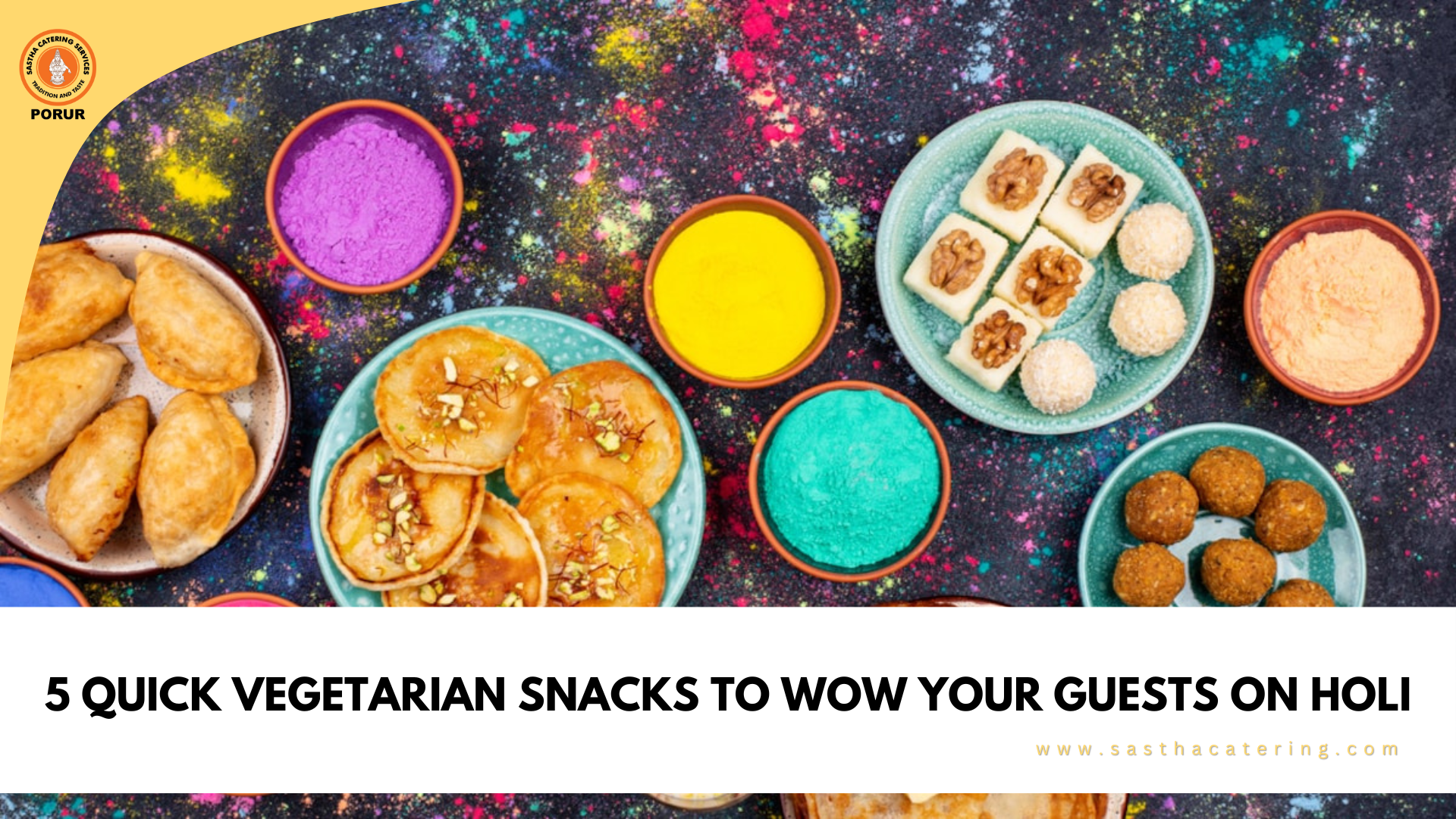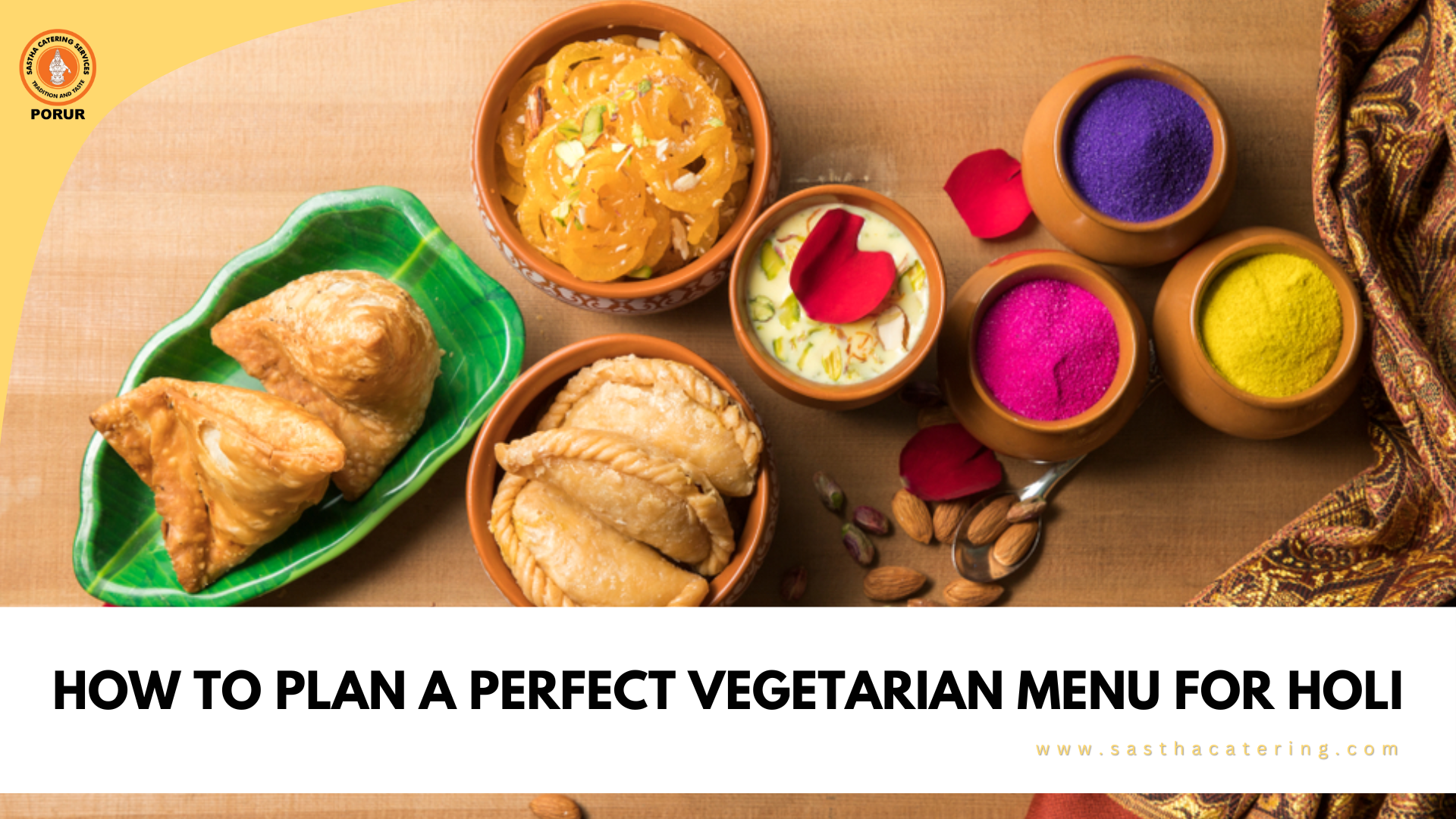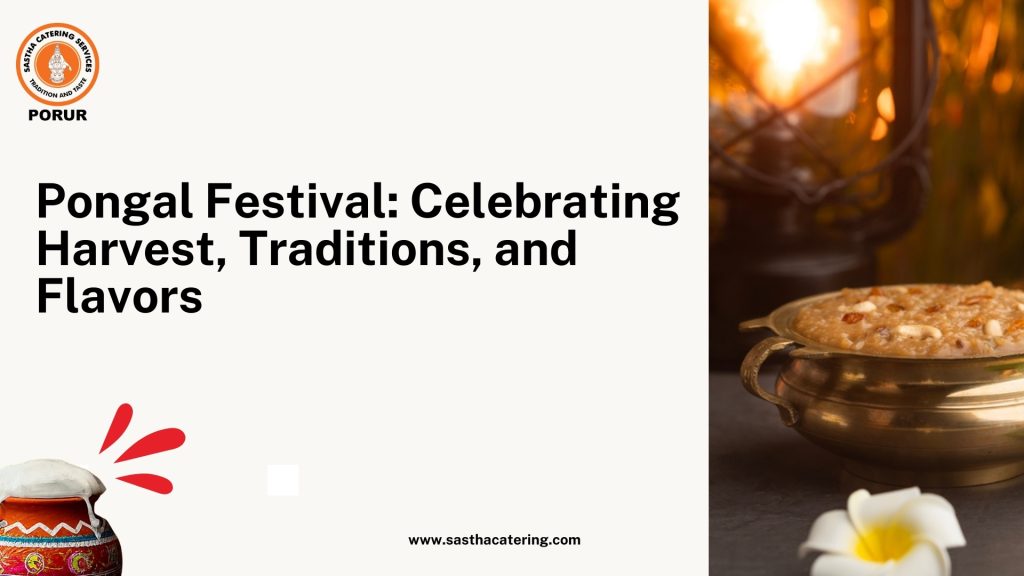
The Pongal festival is one of the most vibrant and cherished celebrations in Tamil Nadu, India. Rooted in agrarian traditions, this festival marks the harvest season and is a tribute to the sun god, farmers, and livestock. Spanning over four days, Pongal is a time of gratitude, joy, and cultural expression. Let us delve into the essence of Pongal, its traditions, significance, and delectable flavors that make it an integral part of Tamil Nadu’s cultural heritage.
What is Pongal?
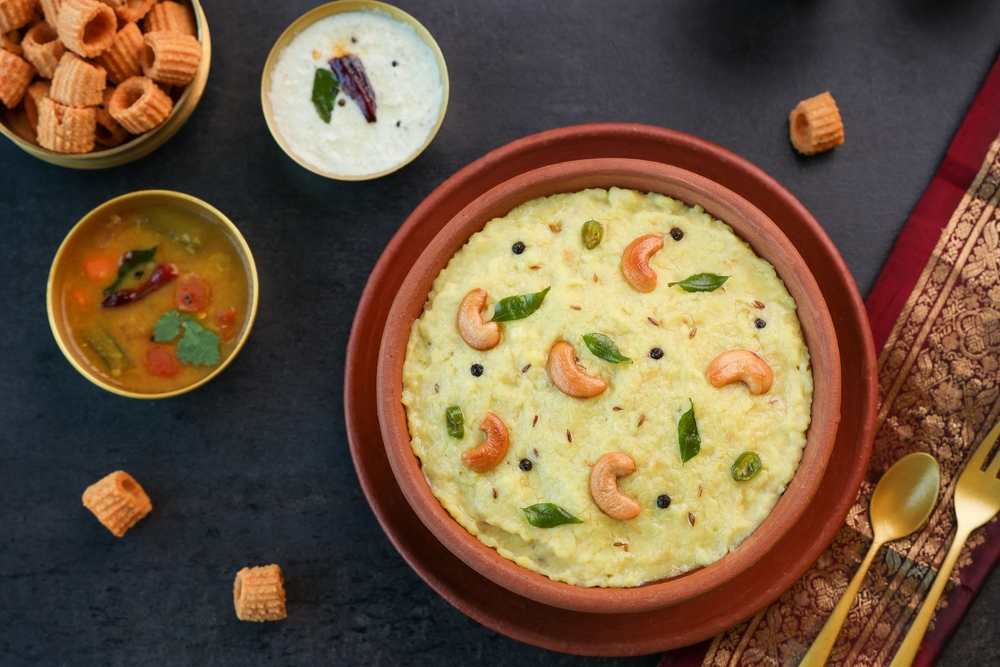
Pongal festival is dedicated to thanking nature, especially the Sun God, for a successful harvest. Celebrated in mid-January, Pongal coincides with Makara Sankranti, a pan-Indian festival.
The core of Pongal revolves around family gatherings, traditional rituals, and cooking the special dish “Pongal,” a rice and lentil delicacy.
The Four Days of Pongal
Pongal is celebrated over four days, each with unique significance and customs:
Bhogi Pongal
This day families clean their homes and discard old belongings in a symbolic act of renewal. The Bhogi Mantalu bonfire, made of unwanted items, signifies discarding negativity.
Surya Pongal
The main day of the festival is dedicated to the Sun God, Surya. Families prepare the traditional Pongal dish in earthen pots under the sun, offering it to Surya as a gesture of gratitude.
Mattu Pongal
On this day, cows and bulls, vital to agricultural activities, are celebrated. Farmers adorn the animals with garlands, paint, and bells. Jallikattu, the traditional bull-taming sport, is also associated with Mattu Pongal.
Kaanum Pongal
Kaanum Pongal is a day of social gatherings and relaxation. Families visit relatives, exchange gifts, and enjoy community events. It’s a day for strengthening bonds and sharing joy.
The Significance of Pongal
Pongal is more than a festival; it is a celebration of life, nature, and hard work. The significance of Pongal lies in:
- Gratitude to Nature: Honoring the elements and animals that support agriculture.
- Cultural Identity: Upholding Tamil Nadu’s unique traditions and heritage.
- Community Bonding: Bringing families and communities together in shared joy.
Traditional Rituals of Pongal
Pongal rituals are steeped in symbolism and devotion. Some of the key traditions include:
- Kolam: Intricate designs made with rice flour are drawn in front of houses to invite prosperity and good luck.
- Cooking Pongal: The ritual of preparing the Pongal dish includes letting it boil over as a sign of abundance.
- Decorating Cattle: Cows and bulls are honored with garlands and colorful patterns for their contribution to farming.
The Flavors of Pongal
Food is at the heart of the Pongal celebration. The festival is incomplete without its signature dish, Pongal, which comes in two popular variations:
Sweet Pongal (Sakkarai Pongal)
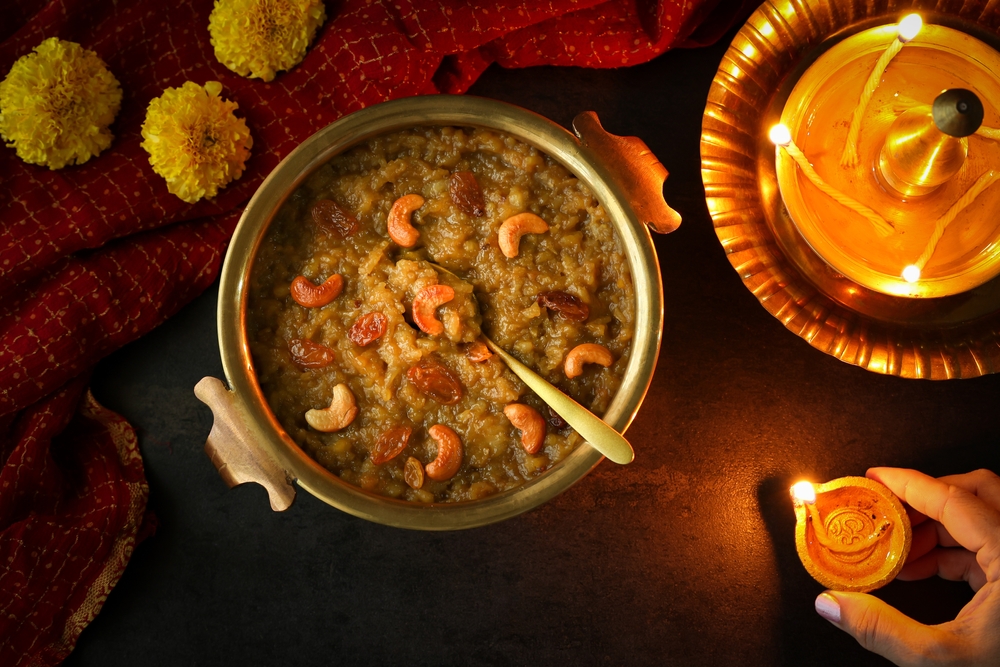
Prepared with rice, jaggery, ghee, and nuts, Sweet Pongal is a delectable treat offered to the gods and enjoyed by all.
Savory Pongal (Ven Pongal)
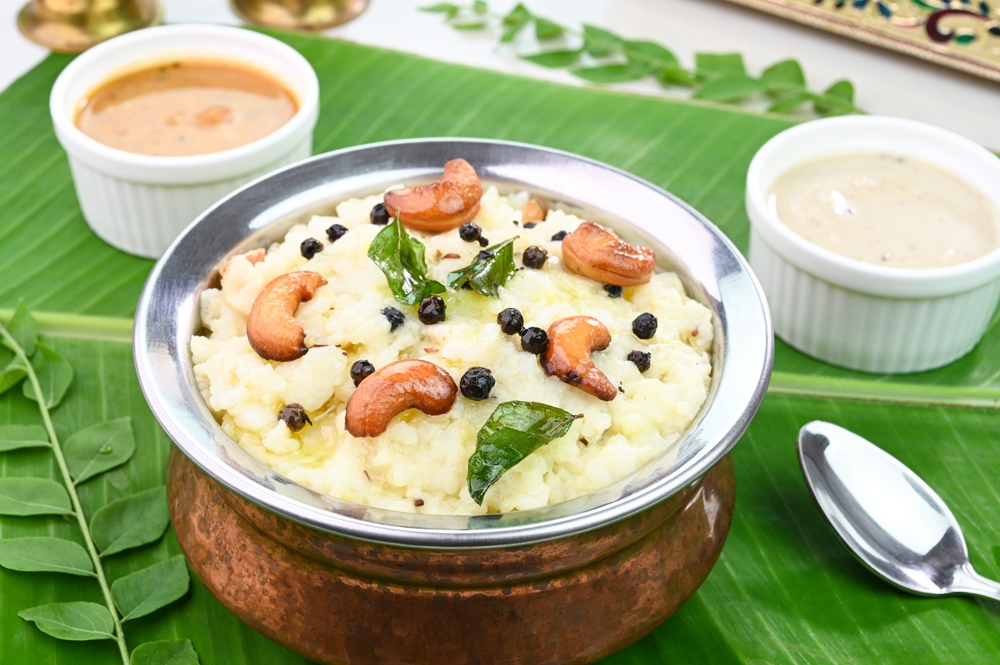
This dish combines rice, moong dal, black pepper, and cumin for a comforting, flavorful meal.
Other traditional dishes include:
- Murukku
- Vadai
- Payasam
- Appam
Pongal Decorations and Celebrations
During Pongal, homes and streets are adorned with vibrant decorations.
- Kolams outside houses.
- Torans are made of mango leaves and flowers.
- Traditional lamps light up the evenings.
Community events include cultural programs, folk dances, and music performances, creating a lively atmosphere.
Jallikattu: The Spirit of Mattu Pongal
Jallikattu, a traditional bull-taming event, is synonymous with Pongal’s celebrations. Held in rural Tamil Nadu, it showcases bravery and the bond between humans and animals. The sport is a blend of tradition, excitement, and skill.
Modern-Day Celebrations of Pongal
While rooted in tradition, Pongal has adapted to modern times. Urban areas see innovative decorations, eco-friendly practices, and contemporary cultural programs. However, the essence of gratitude and community remains intact.
Pongal Beyond Tamil Nadu
Pongal is not limited to Tamil Nadu. Tamil communities worldwide celebrate the festival, showcasing their rich cultural heritage. From Malaysia to the United States, Pongal unites people across borders.
How to Celebrate Pongal at Home
Here are simple ways to enjoy Pongal:
- Decorate Your Home: Use kolam designs and traditional lamps.
- Cook Traditional Dishes: Try your hand at Sweet and Savory Pongal.
- Celebrate with Family: Share stories, meals, and rituals together.
- Support Local Farmers: Purchase fresh produce to honor the spirit of Pongal.
Conclusion
The Pongal festival is a vibrant tapestry of traditions, gratitude, and joy. It’s a celebration that bridges the gap between nature and humanity, past and present. Whether you’re in Tamil Nadu or abroad, Pongal is a time to pause, give thanks, and embrace the beauty of culture and community. So, this Pongal, light a lamp, draw a kolam, and savor the flavors of tradition.



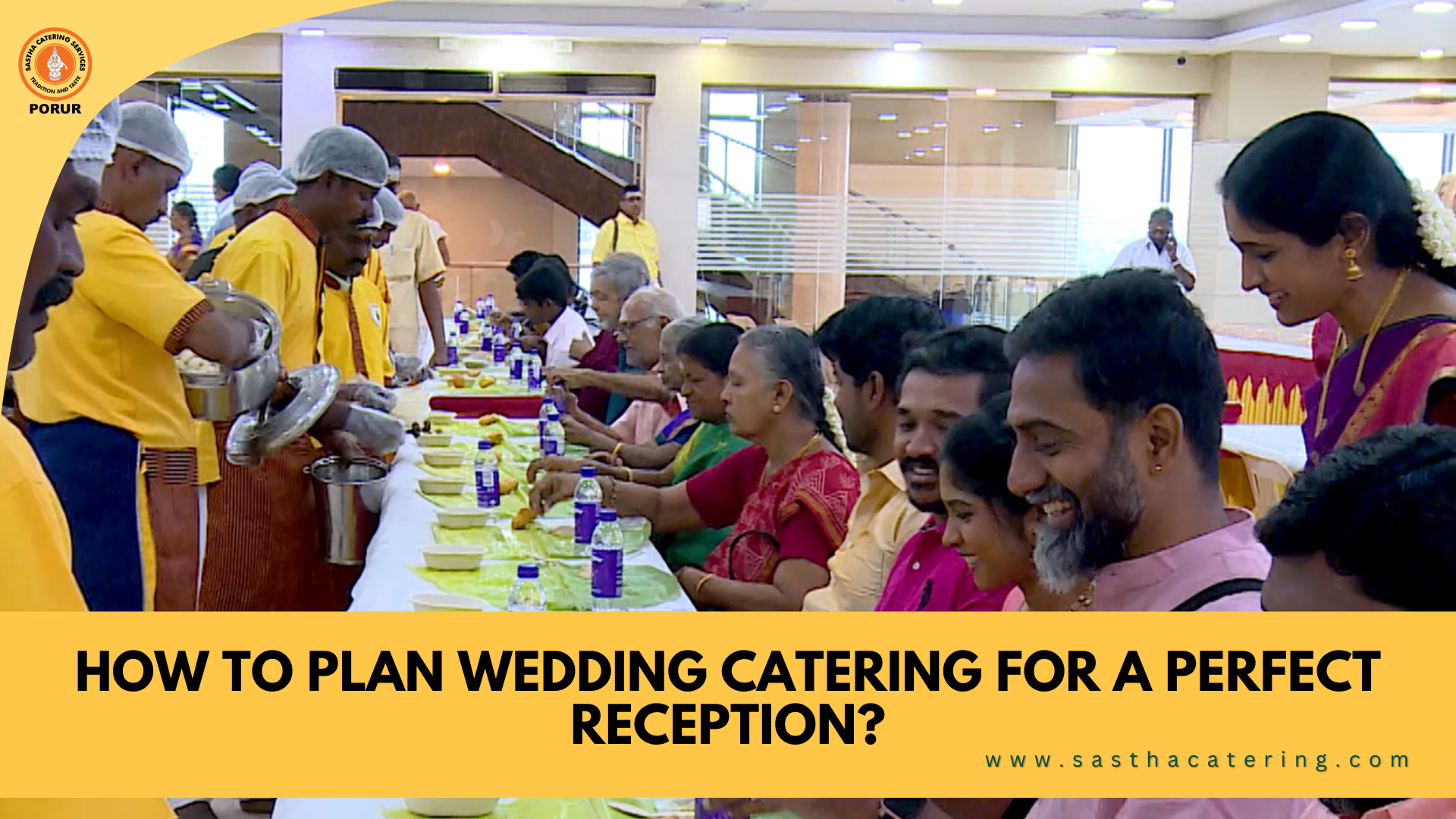
!["Guests being served vegetarian buffet at an event in Chennai, highlighting the popularity of veg catering services. [Sastha Catering]"](https://sasthacatering.com/blog/wp-content/uploads/2025/03/Healthy-Food-Initiatives-18.png)
